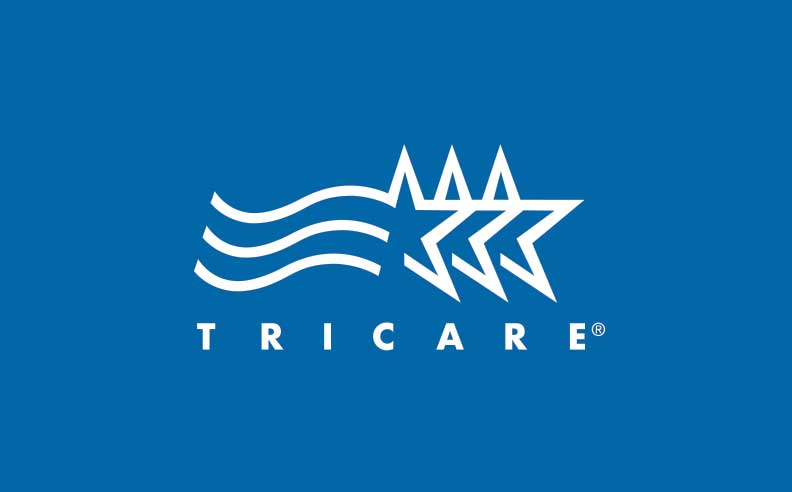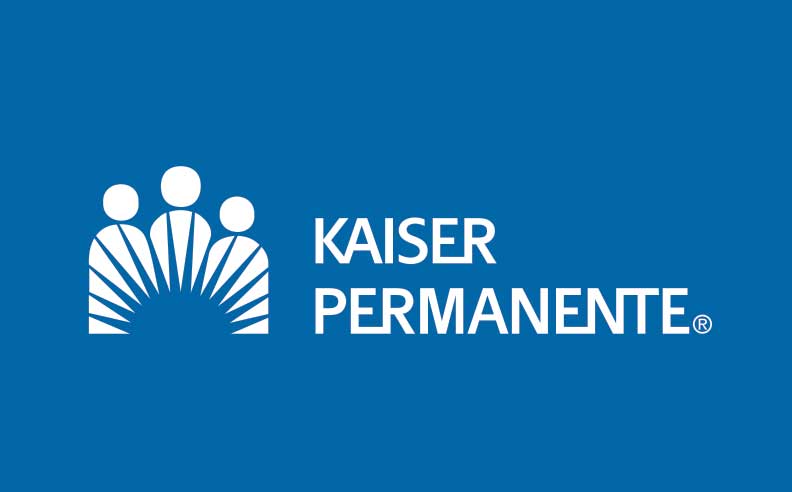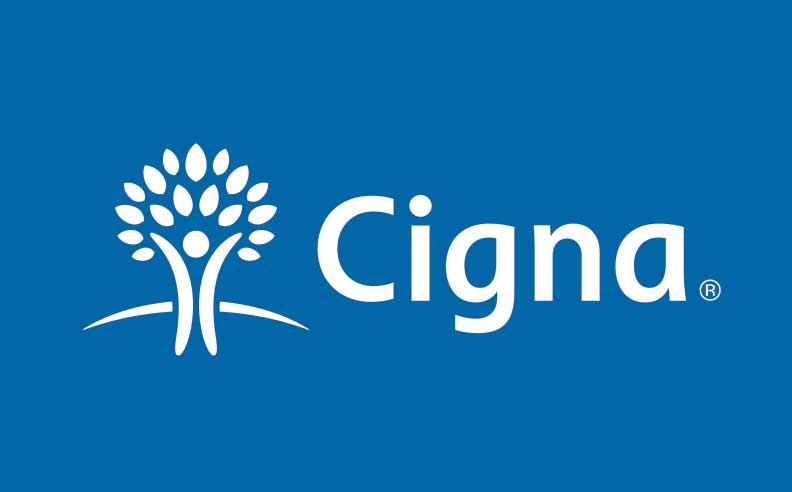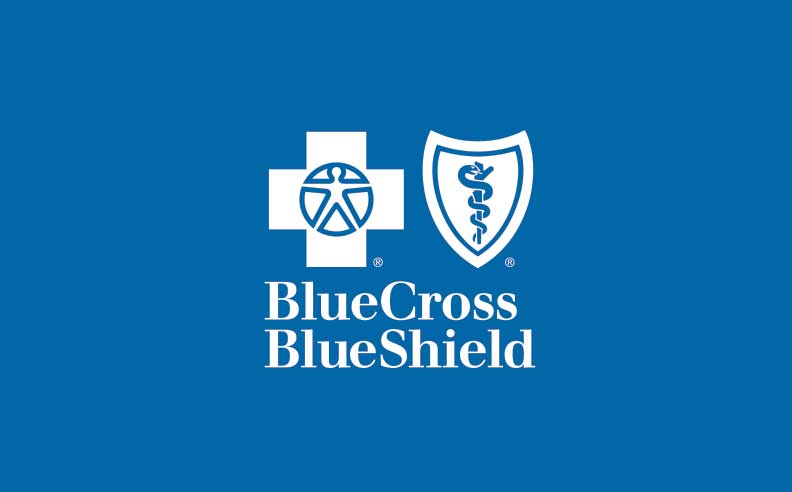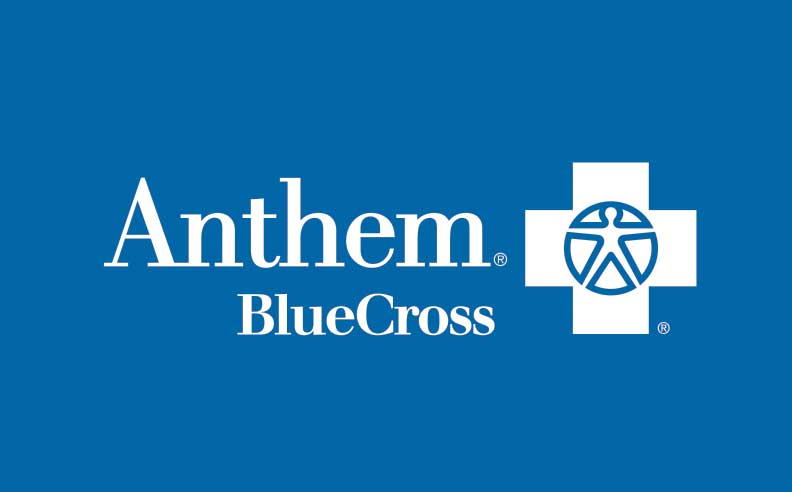What is Anxiety?
Anxiety disorders consist of generalized anxiety disorder, social anxiety disorder, specific phobias, panic disorder, and agoraphobia. These conditions are characterized by an intense state of worry and fear resulting from a threatening event or life stressor. Of course, these feelings can be normal in cases of everyday stress or serious life stressors, and individuals usually overcome this worry once the stressor dissipates. In individuals with this disorder, however, their state of worry becomes more intensified over time.
Warning Signs & Risks of Anxiety Disorders
Anxiety disorders go beyond the expected worry and stress of normal life. Symptoms are more severe, last longer, and make life difficult.
- Excessive worry
- Restlessness or an inability to relax
- Accelerated heart rate
- Agitation or irritability
- Sweatiness, weakness, or trembling
- Ongoing insomnia
- Panic attacks
- Feelings of impending doom or dread
- Hyperventilation
- Fatigue
- Irrational fears
- Avoidance of triggering situations or environments
- Decreased ability to concentrate
Anxiety Treatment
Anxiety disorders can be treated with a combination of pharmacological therapy and psychotherapy. Studies have shown that when used in combination versus alone, these treatments can have faster clinical outcomes with longer lasting effects. The two classes of pharmacological therapy used to treat these kinds of disorders are antidepressants and benzodiazepines. Psychotherapy used to treat these disorders include cognitive behavioral therapy, cognitive therapy, and applied relaxation are well-known first-line therapy approaches.
Cognitive behavioral therapy (CBT) is one of the most commonly used and widely accepted psychotherapy treatments for anxiety. This treatment modality uses a combination of interventions such as worry exposure, applied-relaxation, psychoeducation, cognitive re-structuring and problem-solving skills to educate the individual about their triggers and symptoms and then uses behavioral modifications in order to release their irrational thoughts and anxiety triggers.
In terms of medication, an antidepressant is the first-line pharmacological agent used to treat anxiety. Selective serotonin reuptake inhibitors (SSRIs) and selective norepinephrine reuptake inhibitors (SNRIs) are the most widely used antidepressant agents to treat it. These medications work by increasing either serotonin or norepinephrine levels in the brain. These are neuronal hormones, formally called neurotransmitters that play a role in mood and anxiety.
Other pharmacological agents used as second-line treatment for anxiety can include benzodiazepines and buspirone, which is an agent used specifically for generalized anxiety disorder that falls into its own class.
Benzodiazepines are commonly known as “nerve pills” or “anxiety pills” and are generally prescribed for short-term use in acute episodes, because they are known to have a strong addiction potential. Benzodiazepines work on the same receptor in the brain as alcohol, and therefore, this class of medication should never be taken in combination with alcohol.
We’re Here For You
If you or someone you know is struggling, we’re here for you. Discovery Mood and Anxiety Program specializes in treatment for mental health, substance abuse, and dual diagnoses, by creating unique programs to help every individual find their way to recovery. For more information, resources, or to consult with one of our specialists, call 714.828.0808.



